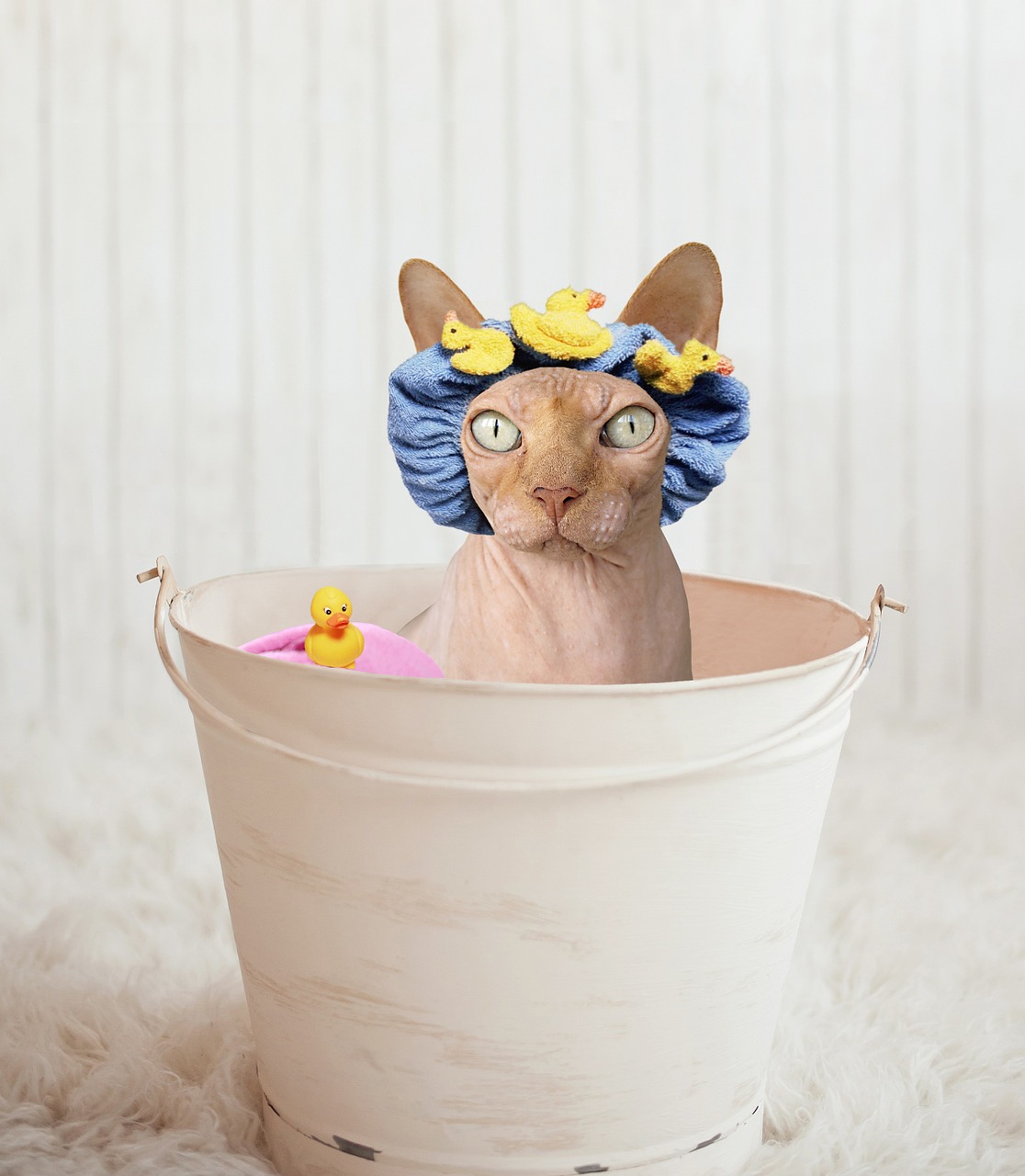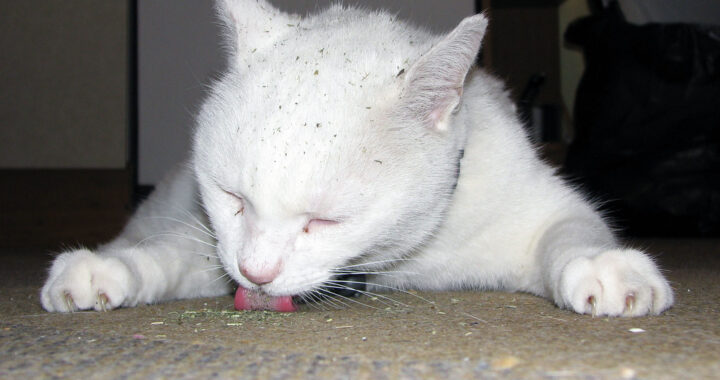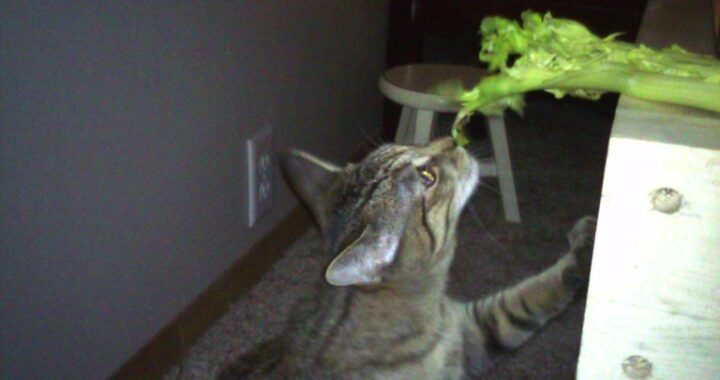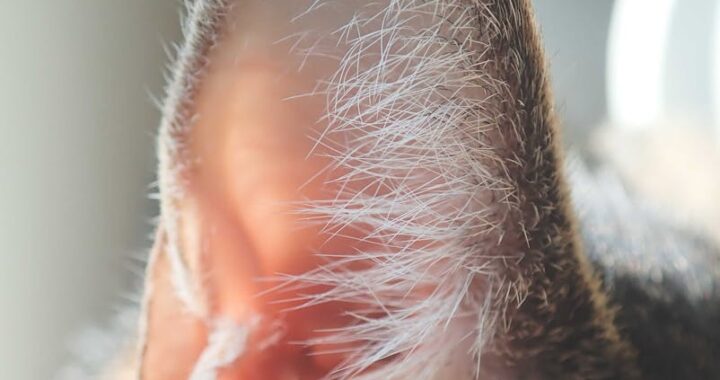
by Nomi Berger
It’s a question posed by puzzled cat parents everywhere: Do our feline friends truly HATE water?
According to most animal behaviorists and scientists, the answer is more complicated than a simple “yes” or “no.” Why? Because the relationship between cats and water is, in itself, complicated — for several reasons.
From an evolutionary standpoint, today’s domestic cats are descended from Arabian wild cats who inhabited areas where the climate was arid with few if any large bodies of water, thereby negating the necessity to learn how to swim in order to survive. Succinctly put, there’s virtually nothing in the ancestral lineage of domesticated cats that would have ever prepared them for being bathed – in a tub or even a sink.
Because they still retain many of the same instincts as their ancestors, today’s cats are always alert to potential threats and must be fit enough to either fight or flee should the need arise. But if their fur is wet (read “drenched” or “soaked”), it’s akin to being weighed down by a cold, heavy blanket due to the fact that their coats dry very slowly. Not only is this distinctly uncomfortable, it impedes their ability to move, compromises their agility, and leaves them vulnerable to attack.
And since cats typically spend 30 to 50 percent of each day meticulously grooming themselves, licking their fur to remove skin oils and fluffing their coats, they scarcely need bathing. In fact, their sole exposure to water seldom extends beyond their water bowls. It’s purr-fectly understandable, then, that their reaction to anything else would be one of fear. Especially if their earliest exposure to water was getting caught in the rain, being forced into a flea bath or being disciplined with a spray bottle or squirt gun to dissuade them from jumping onto or scratching furniture and/or kitchen counters.
Cats are gifted with a highly developed sense of smell and are thus able to detect the chemicals in tap water – an extremely unpleasant experience, at least for them. They also have numerous scent glands in their bodies that produce pheromones used for marking and communicating with other cats, and water – from tap water to scented bathwater — interferes with these abilities.
Why then, do so many cats splash about in their water bowls and/or stare in such rapt fascination at the water streaming from a sink faucet or filling up a bathtub? Because it has very little to do with the water itself and everything to do with the way it looks, sounds and moves. To them, the shimmering, flickering light patterns dancing about so seductively means only one thing: potential prey and, thus, a source of food – an instinct as old as the species itself.
And yet, surprisingly, there are some cats who not only enjoy water but LOVE swimming in it! Among them are the Abyssinian, American Bobtail, Bengal, Japanese Bobtail, Maine Coon, Manx, Norwegian Forest Cat, Savannah, Turkish Angora and Turkish Van.
If you have a young kitten, it’s always possible to help her feel more comfortable around water. Since her most impressionable time of life is between three and 16 weeks, expose her slowly to water using treats or toys as positive reinforcement. Should you have an older cat who’s either sick or has arthritis and can’t groom herself properly, bathing her may become a necessity. Even she can be conditioned to enjoy – or at least, tolerate – the water, although the process will, understandably, be slower and take longer.







